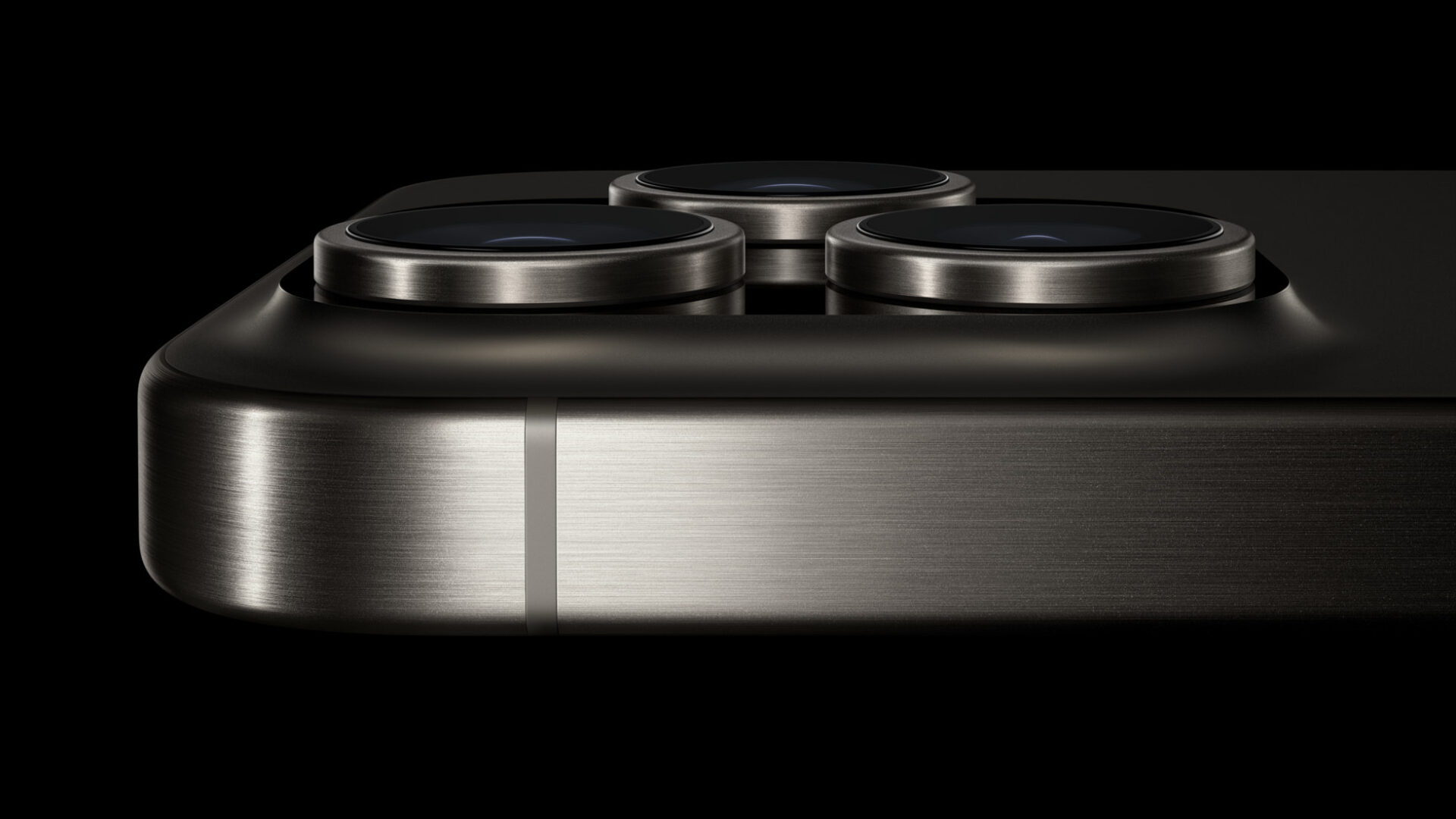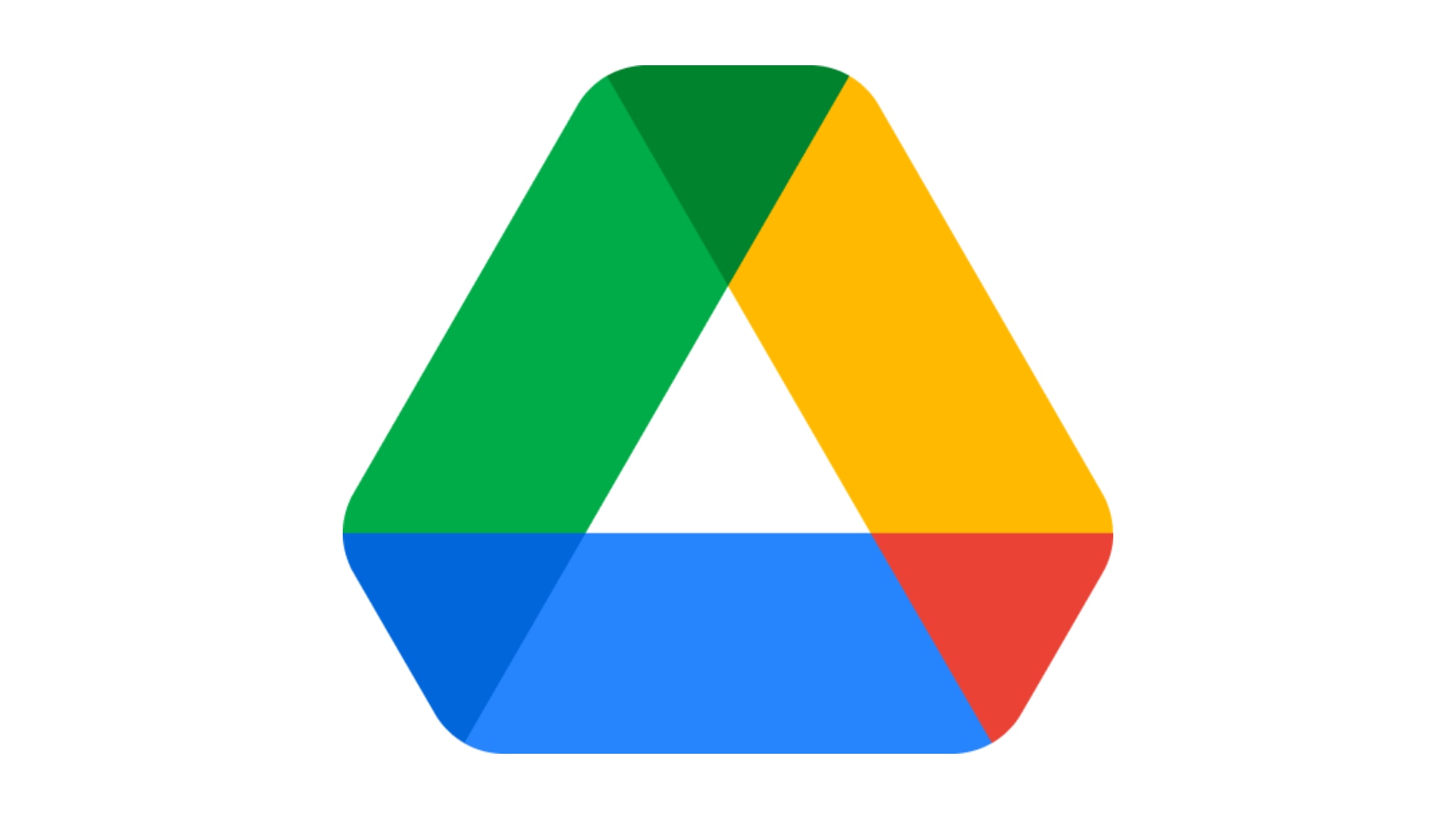
Google Paid Activision $360 Million to Prevent Rival App Store, Claims Lawsuit

Google has allegedly paid off companies like Activision Blizzard, Nintendo, Tencent-owned Riot Games, and Ubisoft at least 24 times to prevent them from developing and launching their own app stores to rival Google Play (via Reuters).
The information comes from a Thursday court filing that claims Google agreed to pay Activision Blizzard $360 million USD over three years to prevent the latter from building its own app store for Android. Google supposedly also struck a similar deal with Riot Games in 2020, promising the League of Legends developer about $30 million over one year.
Financial details pertaining to these deals surfaced when a copy of an antitrust lawsuit filed by Epic Games against Google in 2020 was recently unredacted. These details were part of an internal effort dubbed “Project Hug,” and remuneration consisted of payments for posting to YouTube and credits toward Google ads and cloud services.
The Activision deal was made public in January 2020, shortly after the popular video game maker told Google it was considering launching its own app store. Google’s partnership with Riot was also intended to “stop their in-house ‘app store’ efforts,” court papers said.
While Android does allow sideloading apps from third-party app stores and other sources, developers flocking to a Google Play rival en masse would take a big chunk out of Google’s revenue.
The search giant has called Epic’s lawsuit baseless and full of mischaracterizations. Google claimed the deals in question were simply meant to keep developers satisfied. Activision, meanwhile, said it never signed any deals with Google to not compete.
“Google never asked us, pressured us, or made us agree not to compete with Google Play,” Activision said. “Epic’s allegations are nonsense.”
Epic, however, accused Google of knowing that signing the agreement with Activision “effectively ensured that (Activision) would abandon its plans to launch a competing app store.” The Fortnite developer’s lawsuit went on to allege that the agreement led to higher prices and lower quality of service.
Epic Games filed a similar lawsuit against Apple back in 2020, alleging anticompetitive practices on the App Store. The developer largely lost that case, although both sides appealed the ruling.
Epic’s antitrust lawsuit against Apple resumed earlier this week in the U.S. Court of Appeal for the Ninth Circuit. A ruling in the appellate case is expected sometime next year.

